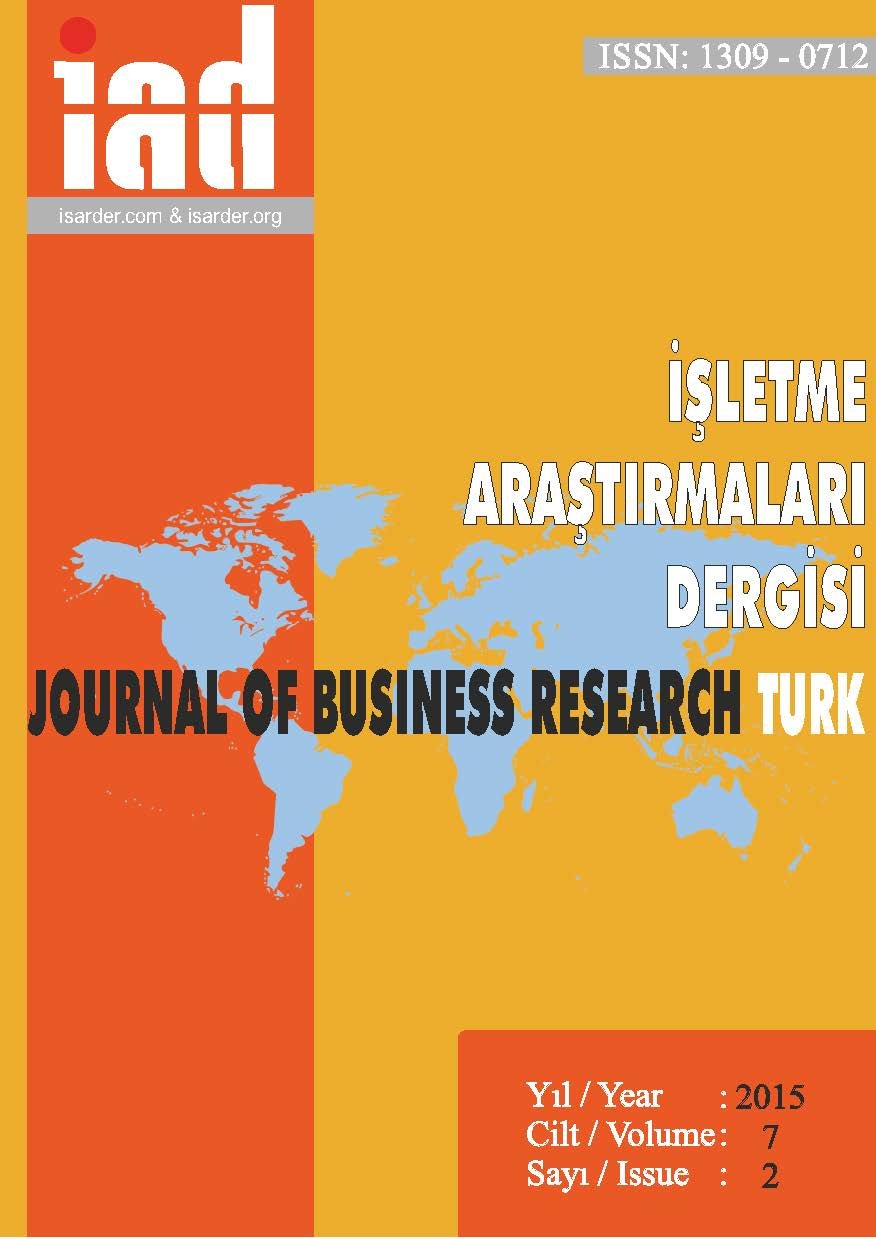The Impact of Organizational Culture and Job Related Affective Well Being on Employees’ Conflict Resolution Styles
Keywords:
Conflict management styles, Organizational culture, Job related affective well being, Problem solving, Compromising, Avoiding, Accommodating, ForcingAbstract
This study aims to investigate the impact of cooperative or competitive organizational culture and employees’ job related affective well being on their preferred conflict resolution styles. A total of 236 white collar employees in the private sector completed questionnaires on “Organizational Culture“, “Job Related Affective Well Being“ and “Conflict Resolution Styles“. Results indicated that employees working in a cooperative organizational culture would choose problem solving, compromising and accomodating conflict resolution styles while those working in a competitive work environment would choose forcing and avoiding strategies. Results also showed that while positive job related affective well being is a major predictor of problem solving, compromising, accomodating and avoiding conflict resolution styles, negative job related affective well being significantly predicts forcing and avoiding strategies. Overall, the results draw attention to the preferred conflict resolution strategies assumed by Turkish employees, the role of the conflict environment as well as actors’ affective well being.
Downloads
Published
How to Cite
Issue
Section
License

This work is licensed under a Creative Commons Attribution-NoDerivatives 4.0 International License.





